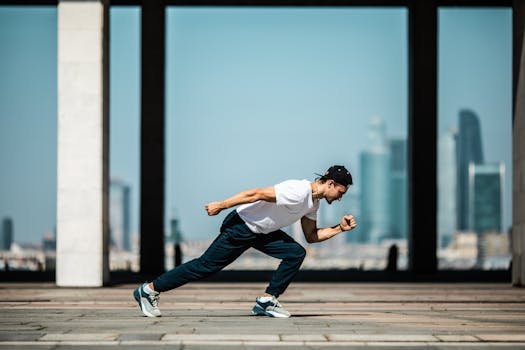
Introduction
Singapore, with its tropical climate and urban landscape, offers unique challenges and opportunities for runners. From bustling city paths to scenic nature trails, running in Singapore is an experience shaped by heat, humidity, and thoughtfully designed routes.
Dealing with the Heat
The average temperature in Singapore ranges from 26°C to 34°C (79°F to 93°F) year-round, coupled with high humidity. These conditions can be tough for runners, requiring extra preparation and caution.
- Run Early or Late: Aim to run before 8 AM or after 6 PM to avoid peak heat.
- Stay Hydrated: Always carry water and consider routes with water fountains.
- Dress Light: Wear lightweight, moisture-wicking clothing.
- Pace Yourself: The heat can be draining, so adjust your intensity as needed.
Popular Running Routes
Despite its size, Singapore boasts a diverse set of running paths suitable for all levels.
- East Coast Park: A 15 km scenic park offering sea breezes and wide paths.
- MacRitchie Reservoir: Famous for its lush trails and the TreeTop Walk, ideal for nature lovers.
- Marina Bay: An iconic urban run featuring skyline views and waterfront breezes.
- Southern Ridges: A hilly 10 km route through parks and iconic bridges like Henderson Waves.
Tips for Enjoying Your Run
- Check the weather forecast and avoid running during thunderstorms.
- Wear sunscreen and a hat for sun protection.
- Listen to your body; take breaks if you feel overheated or dizzy.
- Make use of Singapore's sheltered walkways if sudden rain appears.
Conclusion
Running in Singapore can be challenging due to the climate, but with the right preparation and route selection, it’s a rewarding way to explore the city and stay healthy.
Comments
Post a Comment